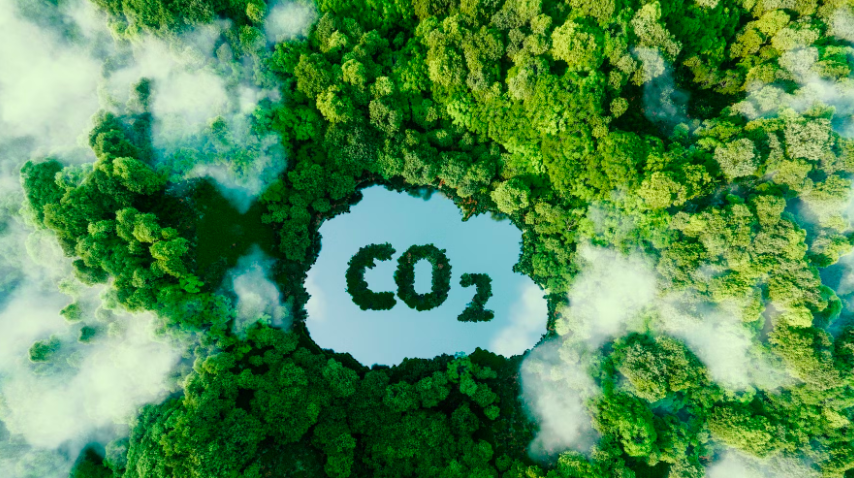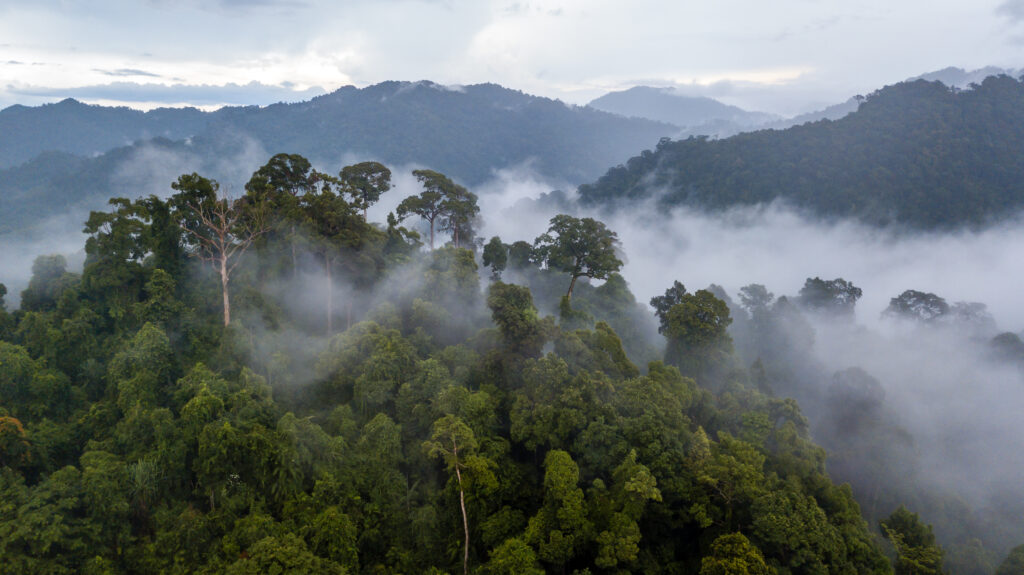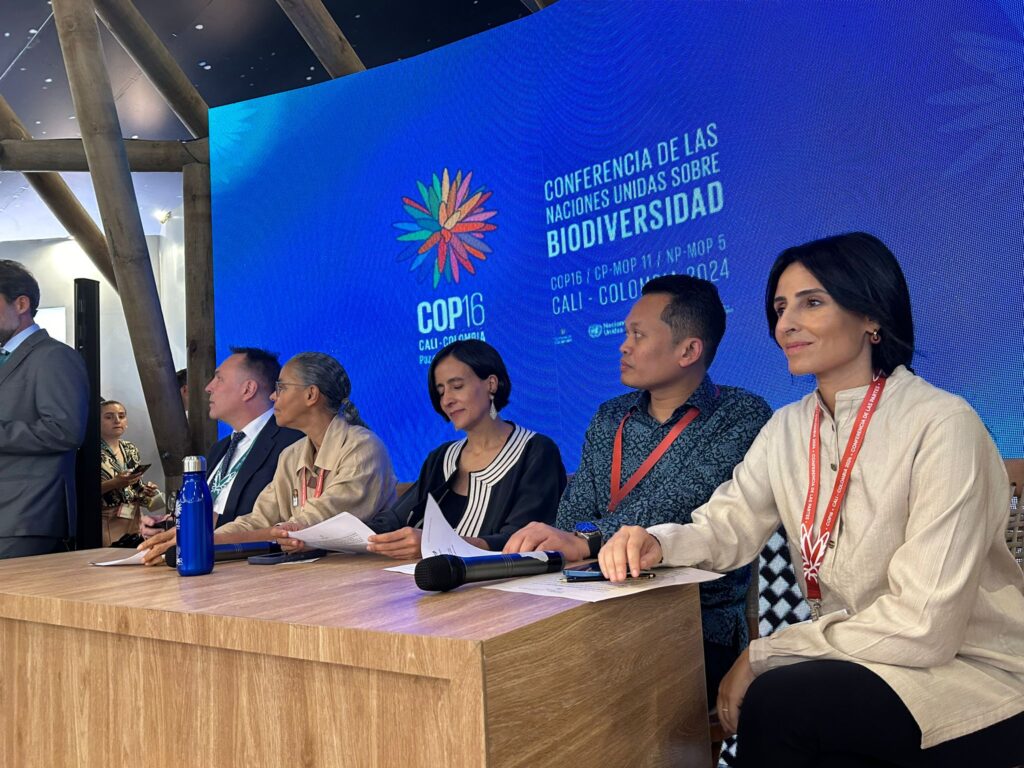The proposal defines various categories of CO2 removal and sets out methods for certifying these processes so they can potentially be sold as credits. However, it endorses uncertain or outright poor solutions like bioenergy with carbon capture and storage (BECCS) and “carbon farming” solutions that only provide temporary storage. The option to buy carbon offsets may be based on illusions, undermining efforts to reduce actual emissions.
“The proposal paves the way for false solutions that will delay climate action at a time when we’re not even on track to meet the EU’s 2030 climate goals,” says Gry Bossen, Policy and Engagement Team Leader at Forests of the World.
Despite the European Parliament acknowledging that all removals certified under the CRCF must “complement irreversible reductions of anthropogenic greenhouse gas emissions across all sectors,” they have left the door open for polluters to use removals to offset their emissions. The proposed safeguards do not change the fact that the CRCF promotes the sale of a false promise that someone, somewhere, might remove a ton of carbon from the atmosphere in the future.
“Allowing removals to replace reductions in the EU’s climate efforts will undermine the work to keep temperature rise below 1.5°C. We must focus on real reductions while also increasing removals. Anything less is insufficient,” says Gry Bossen.
Last year, the Real Zero Europe campaign, alongside over 200 groups, urged the EU to focus on real emissions reductions rather than relying on unproven technologies. Many organizations warn that the EU is shifting its focus from phasing out fossil fuels to speculative and often untested carbon sequestration methods.
Now that the certification framework has been adopted, the European Commission will define CO2 removal usage and reporting methods. There is still significant uncertainty around CO2 credits, but the CRCF opens up concerning possibilities.
Press Contact
Jonas Schmidt Hansen
Latest Articles
Who is Forests of the World?
We work to preserve the world’s forests, both in Denmark and the world’s tropical forests.Our focus areas include sustainability, Indigenous Peoples and local engagement.


